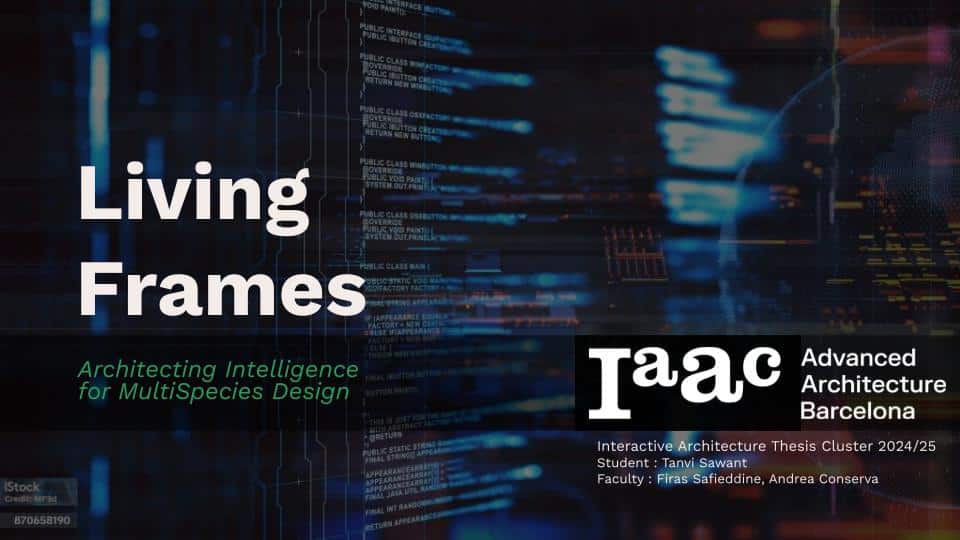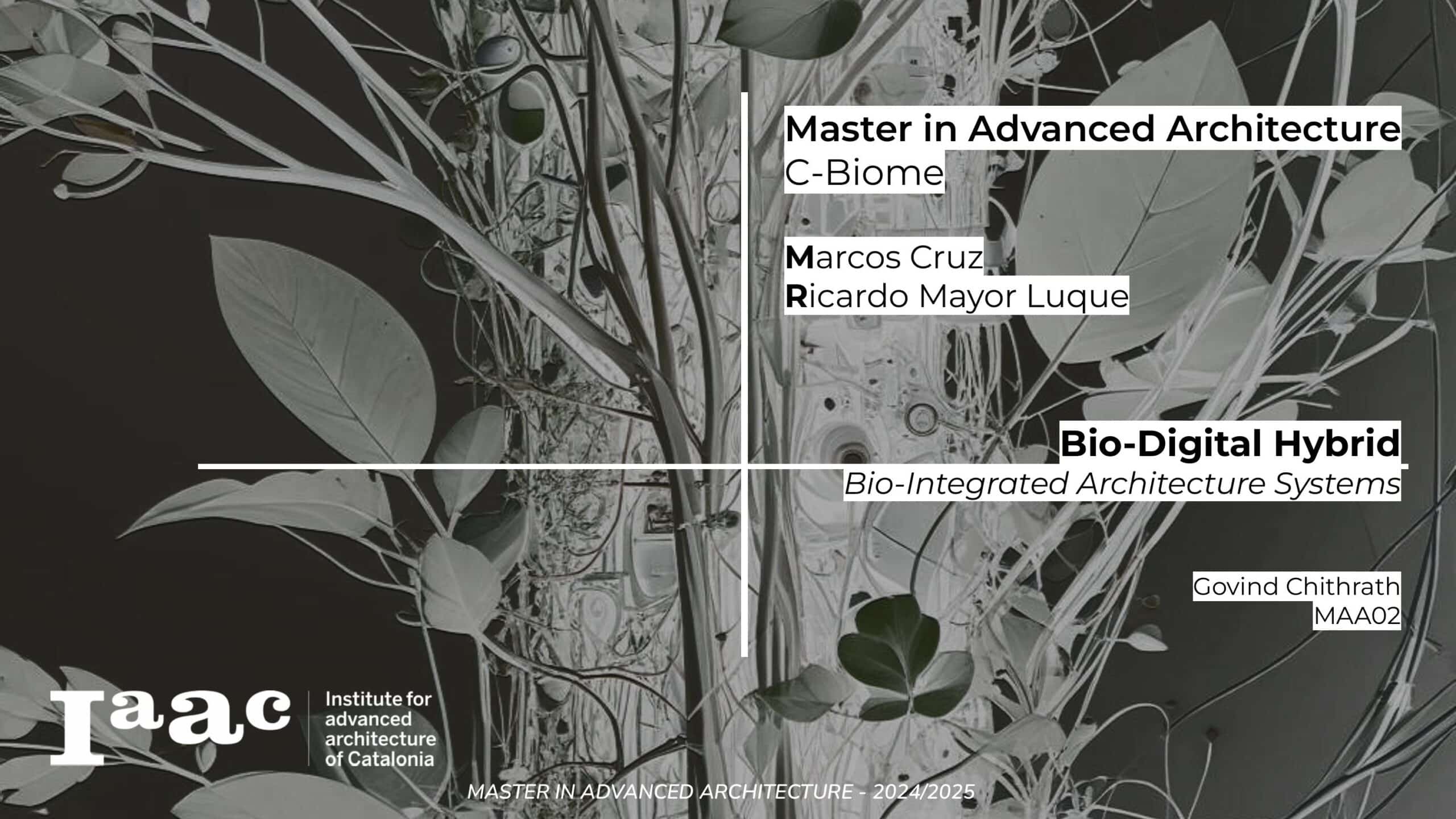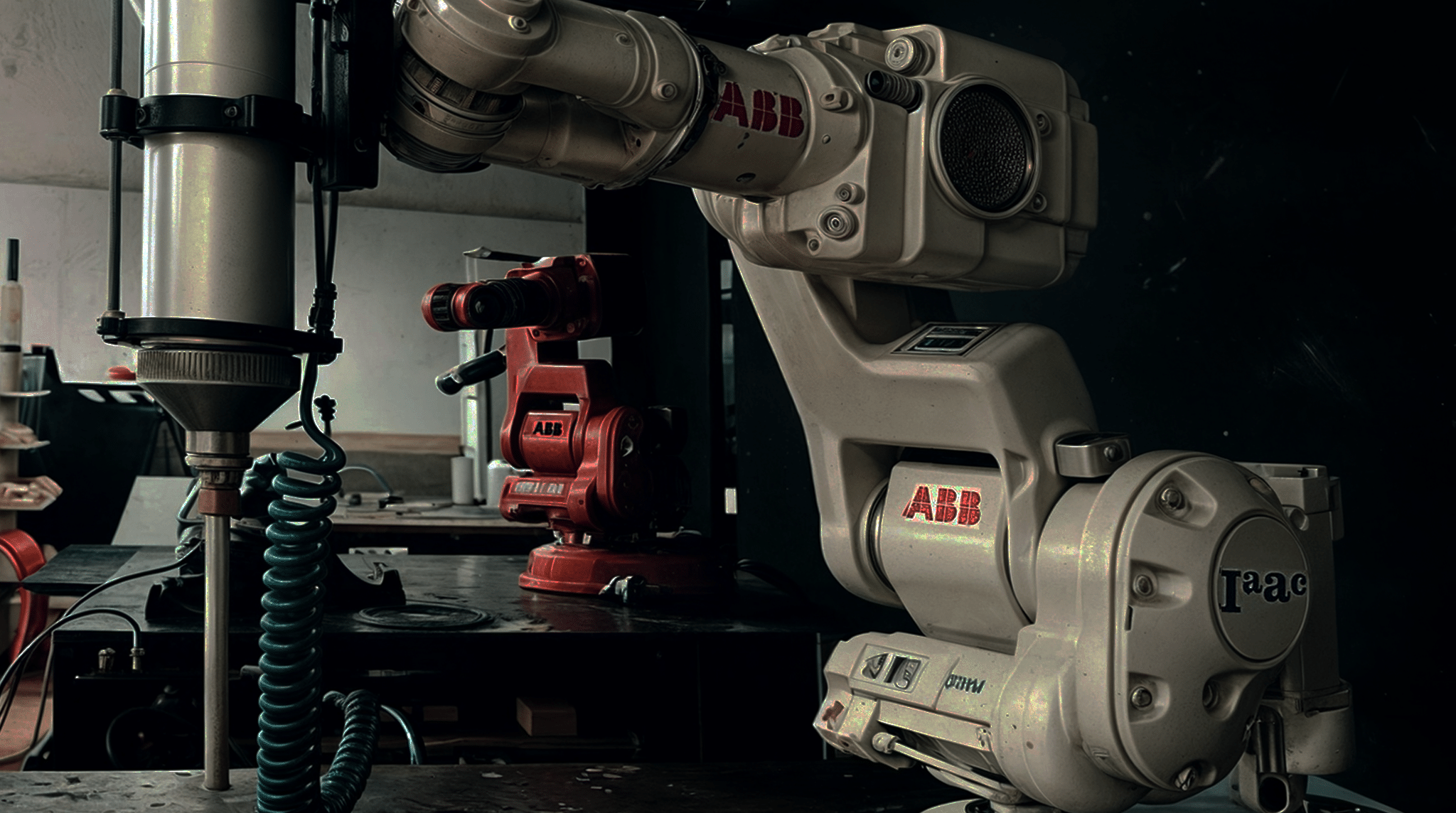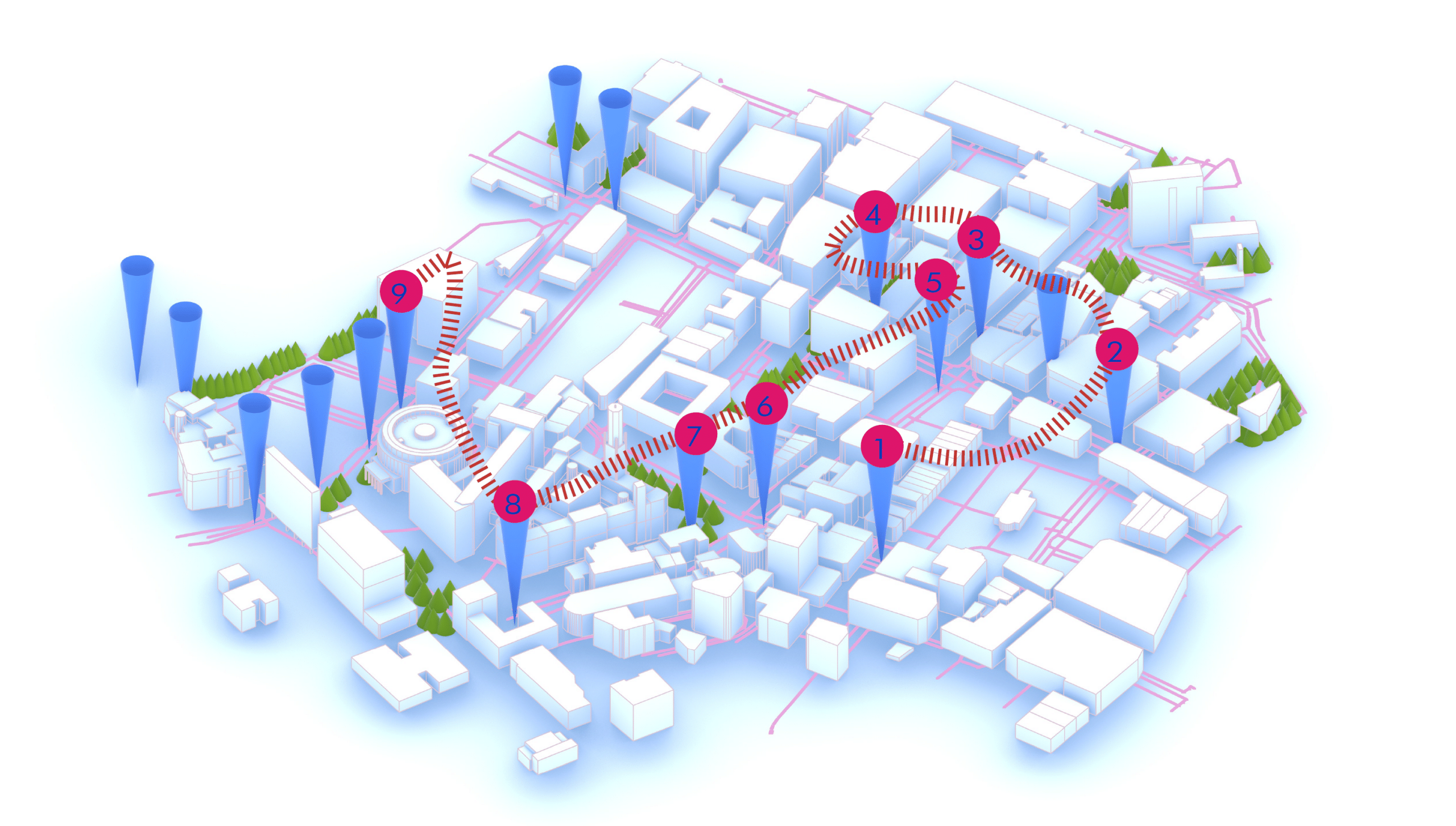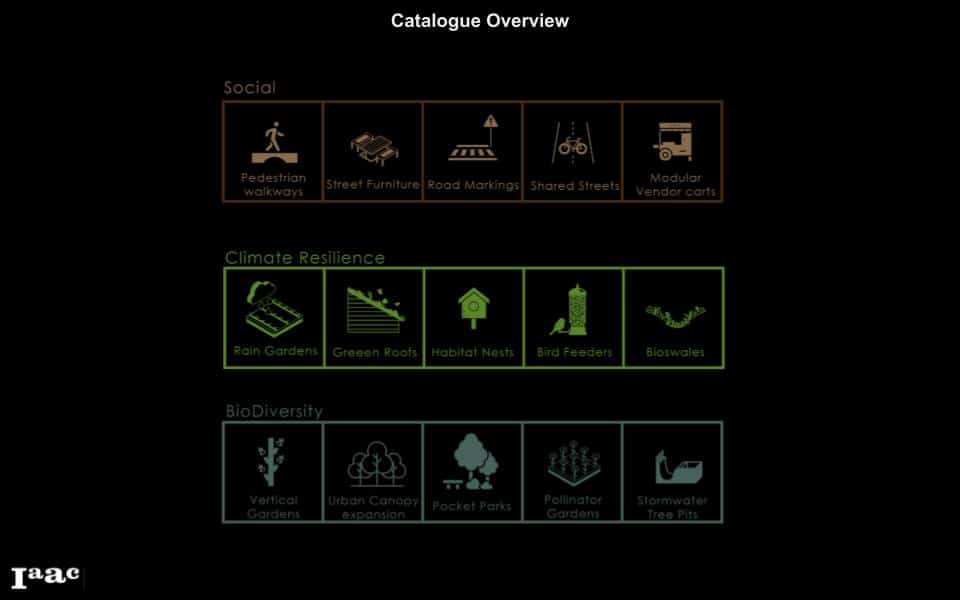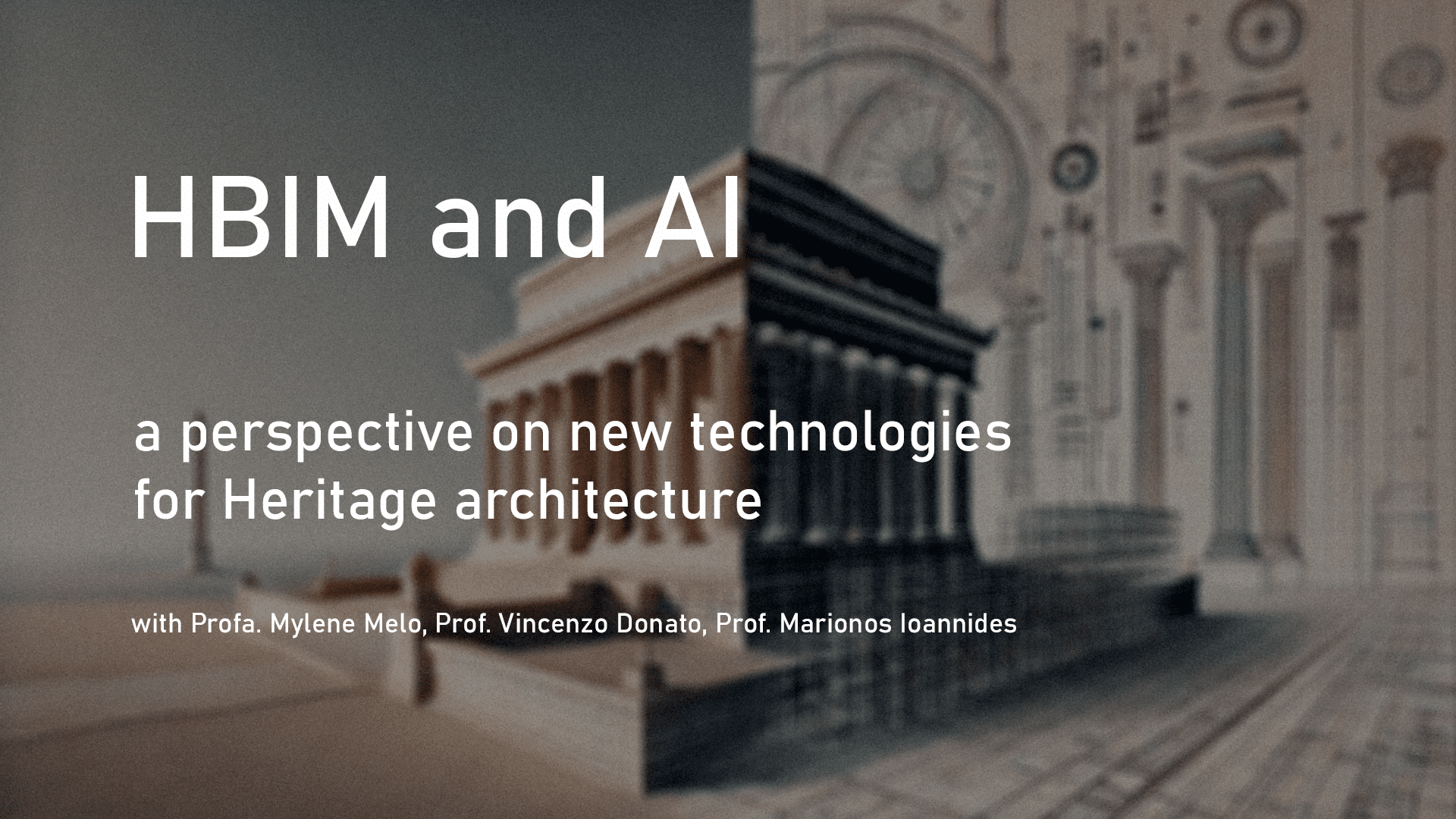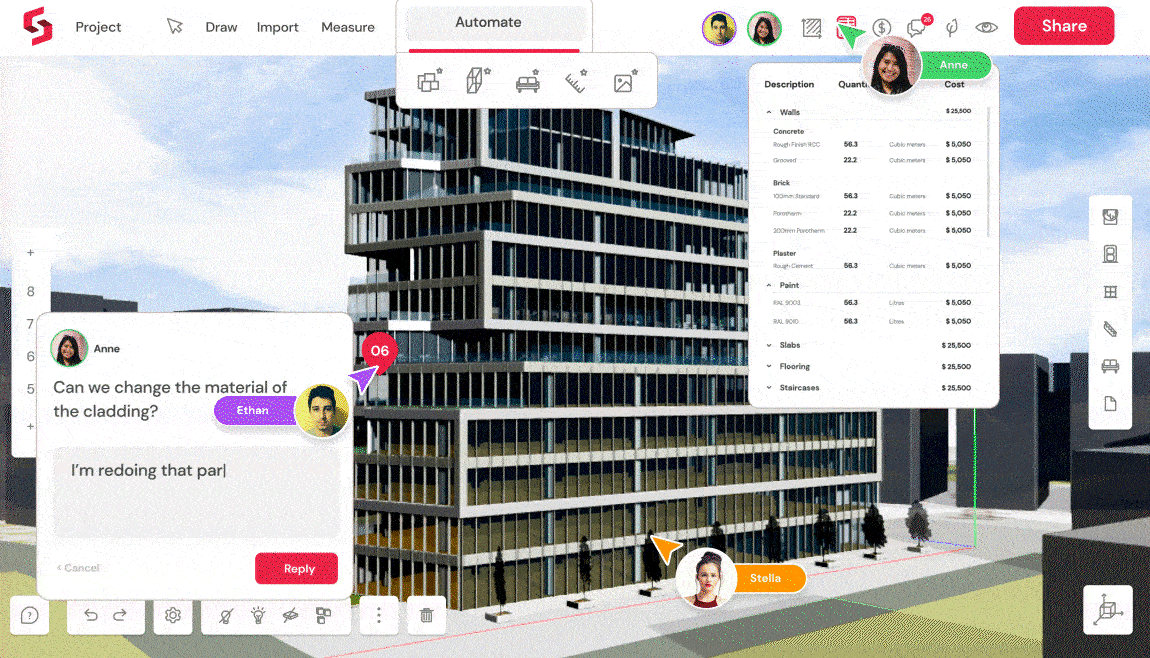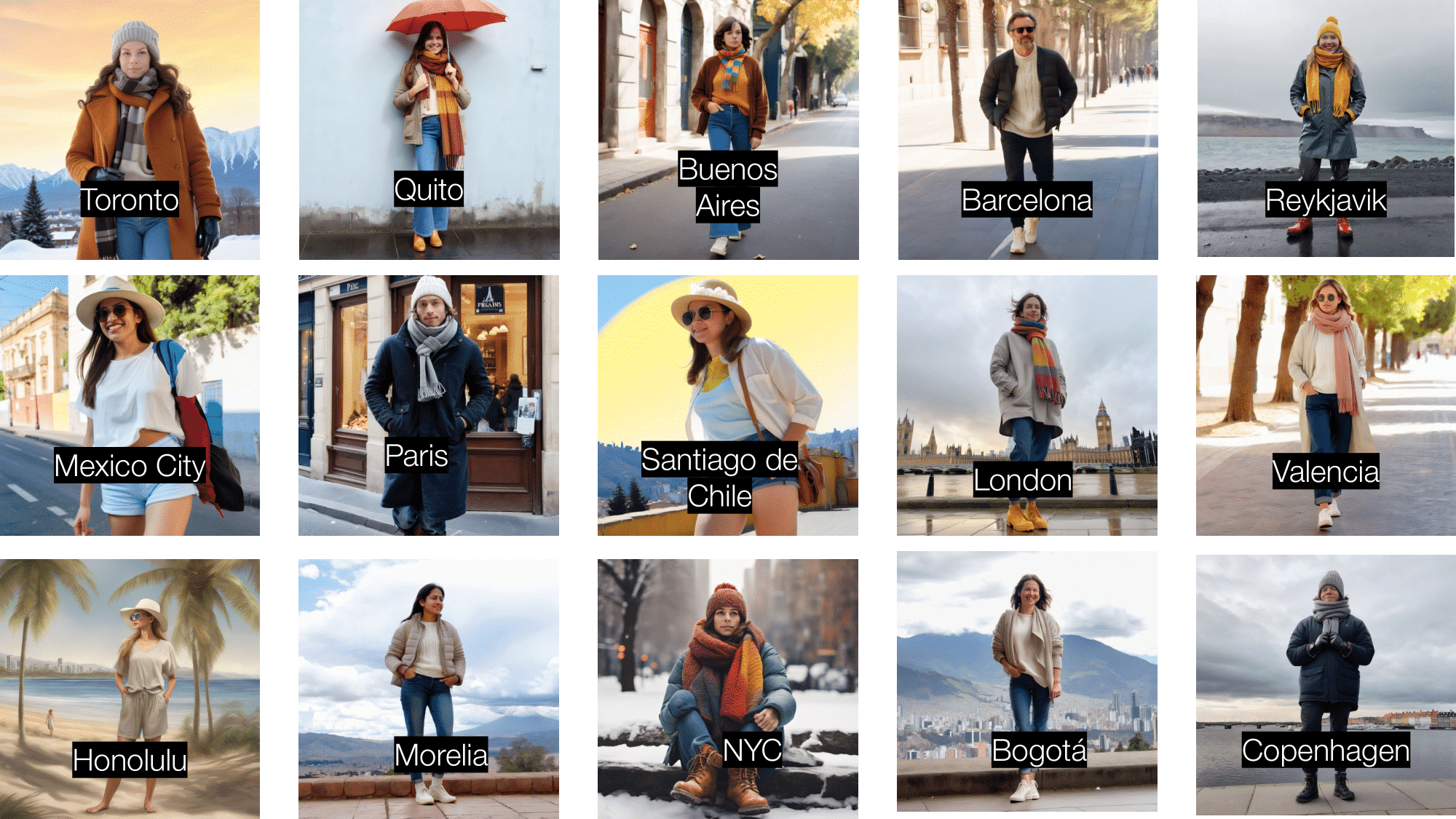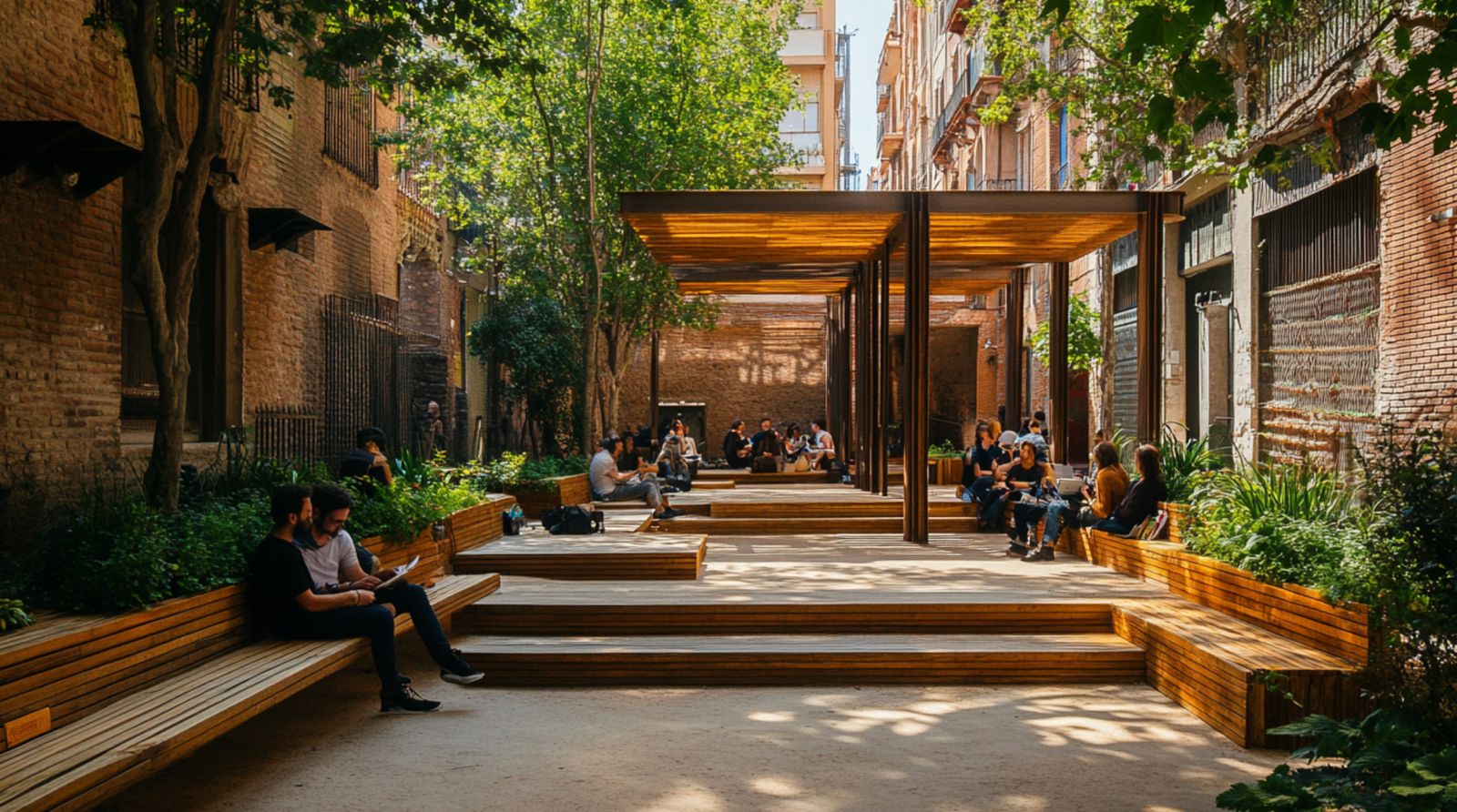Living Frames: Architecting Intelligence for Multispecies Design
Contemporary architecture often prioritizes humans at the expense of ecological balance, distancing us from nature and other species. This thesis envisions a future where buildings evolve into living, adaptive frameworks that foster interspecies mutualism. By integrating third-order cybernetics, machine learning, and AI, architecture can become a mindful mediator, enhancing relationships between humans and other species. … Read more

